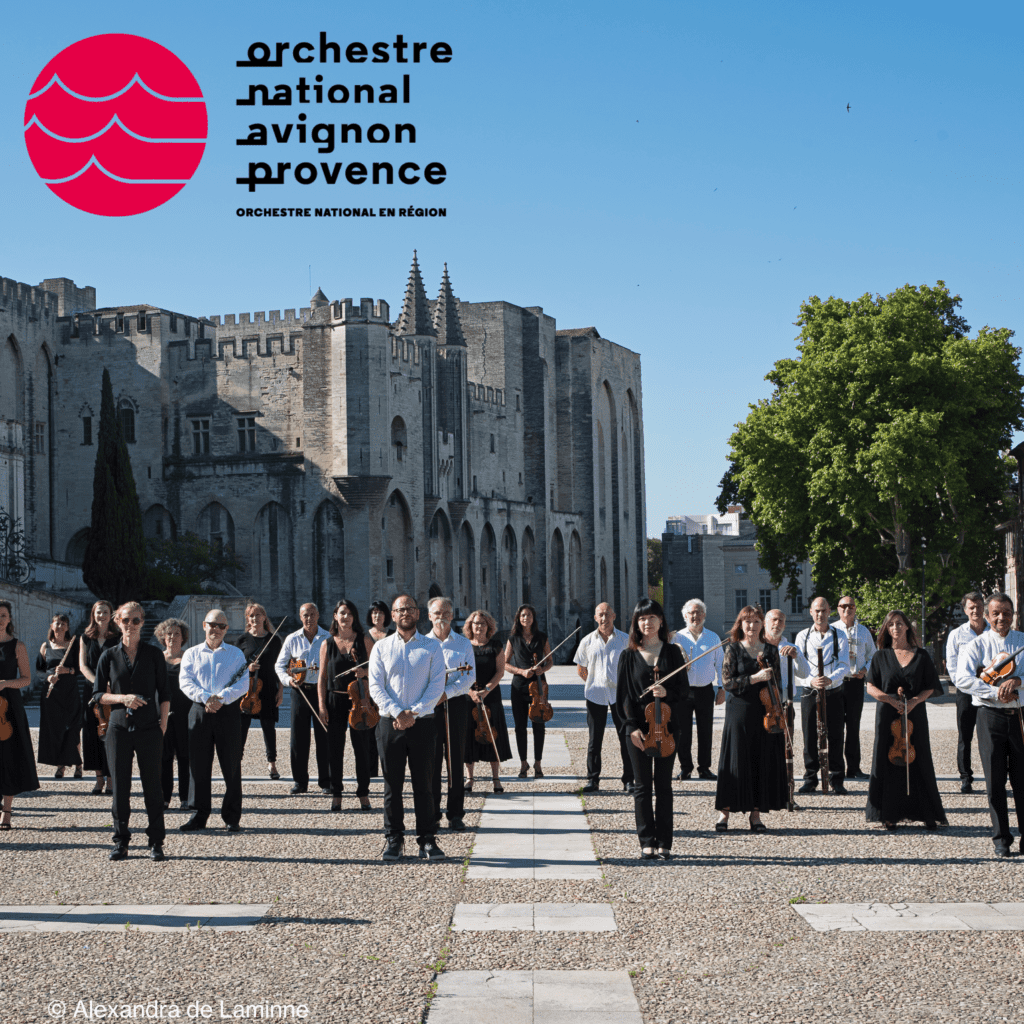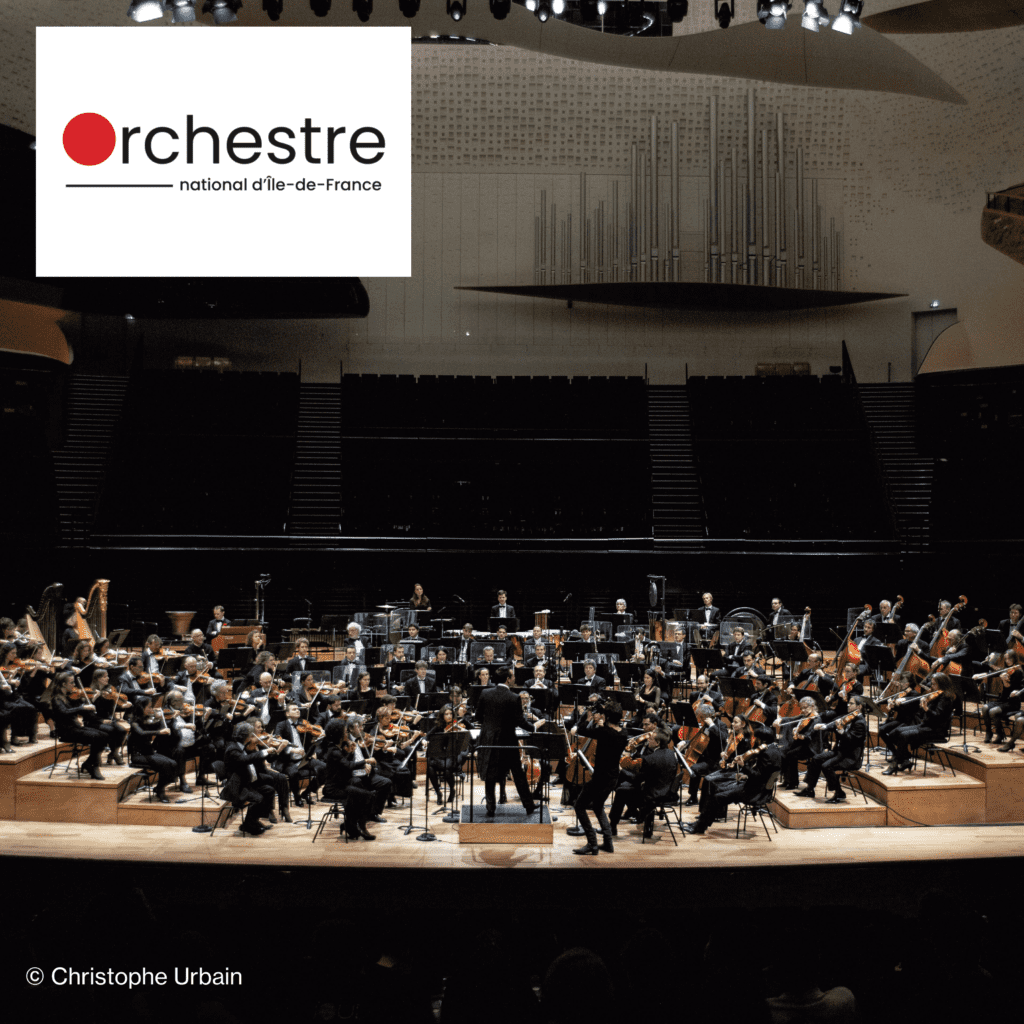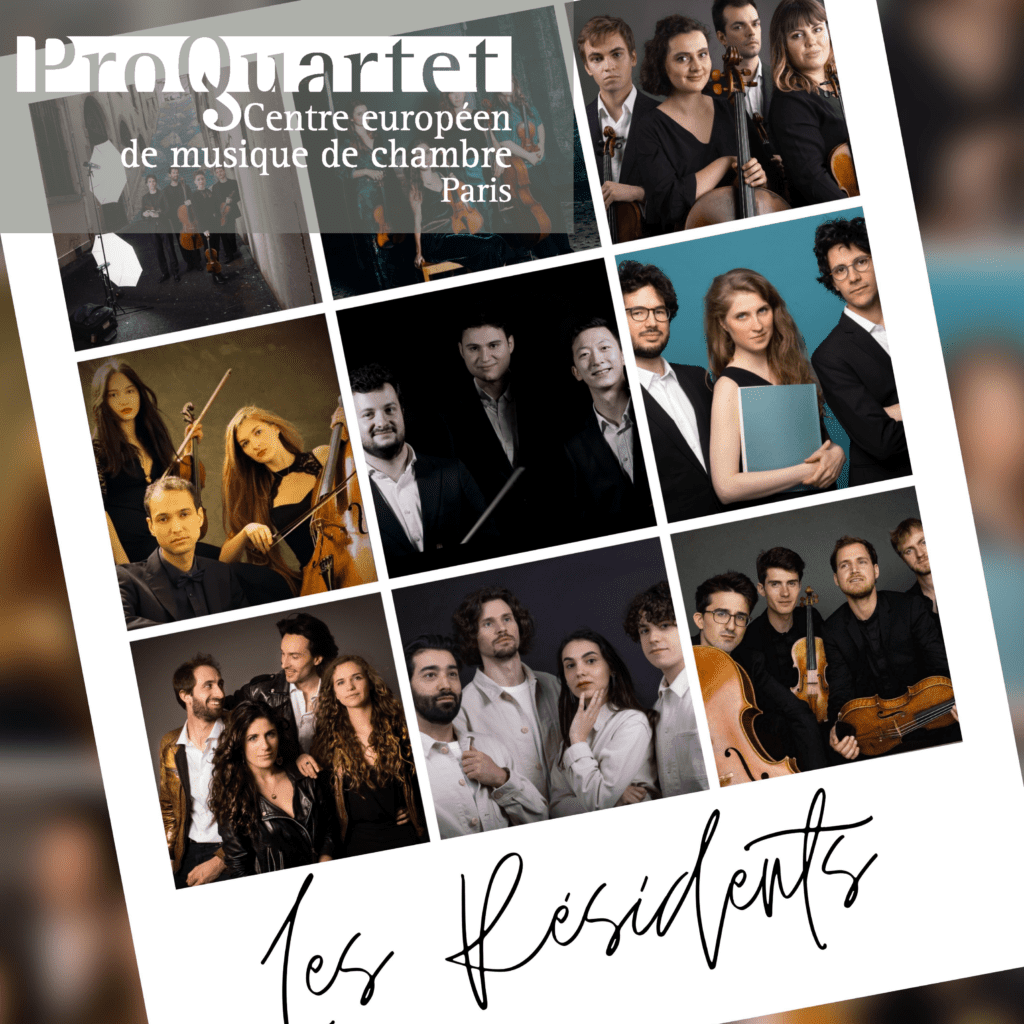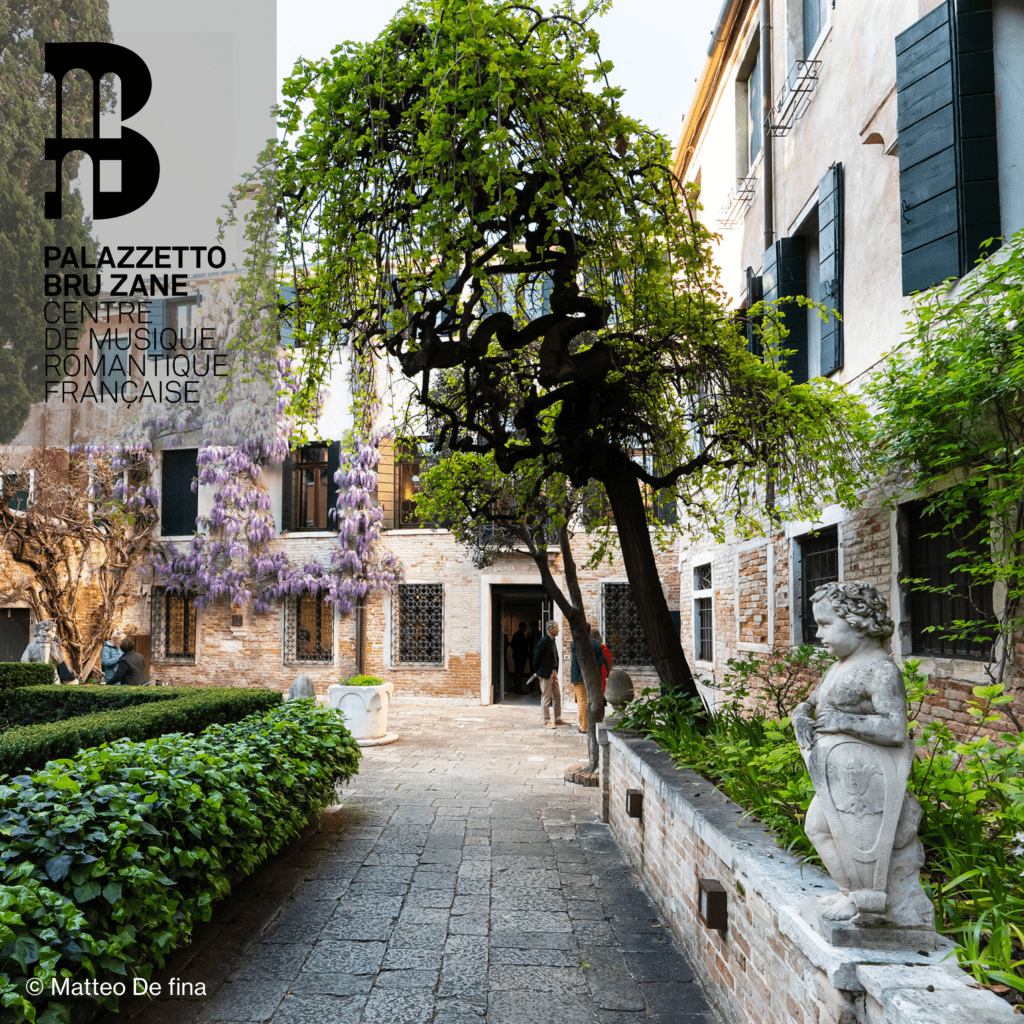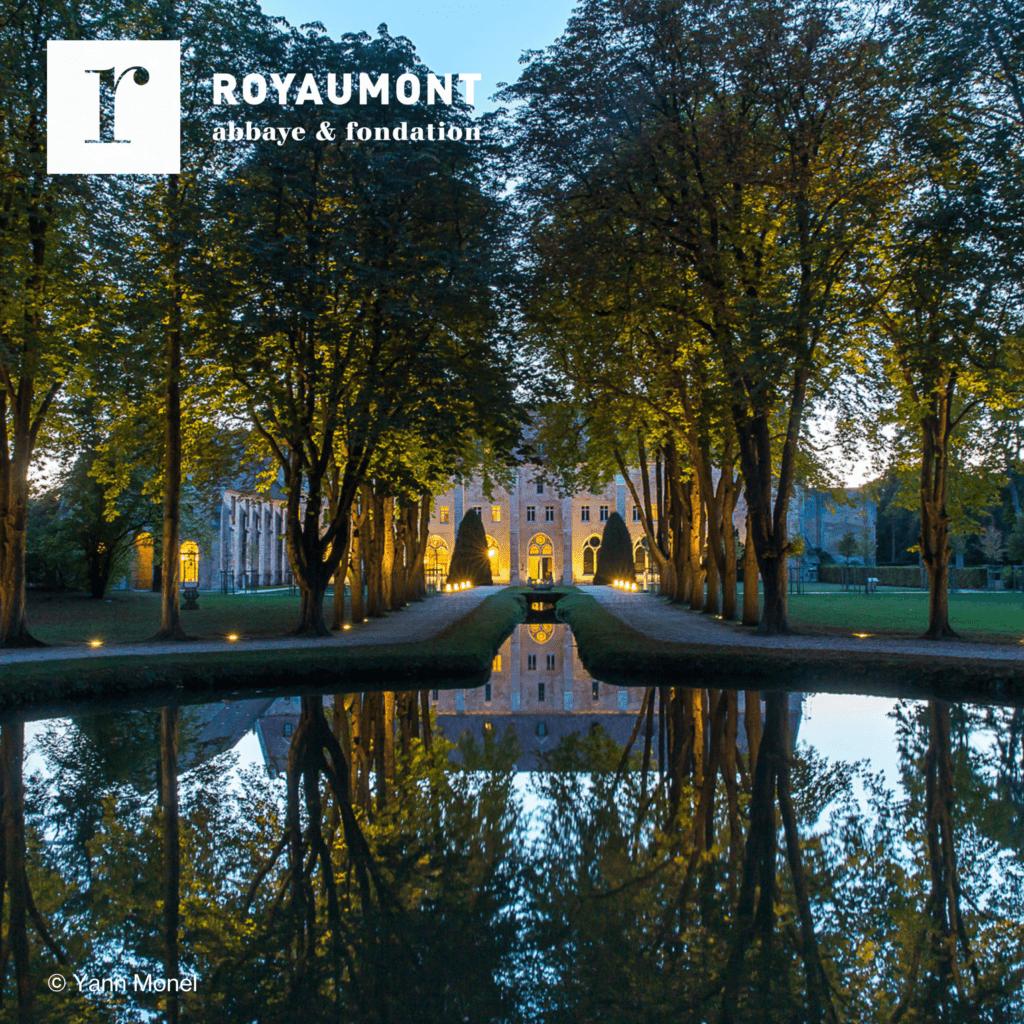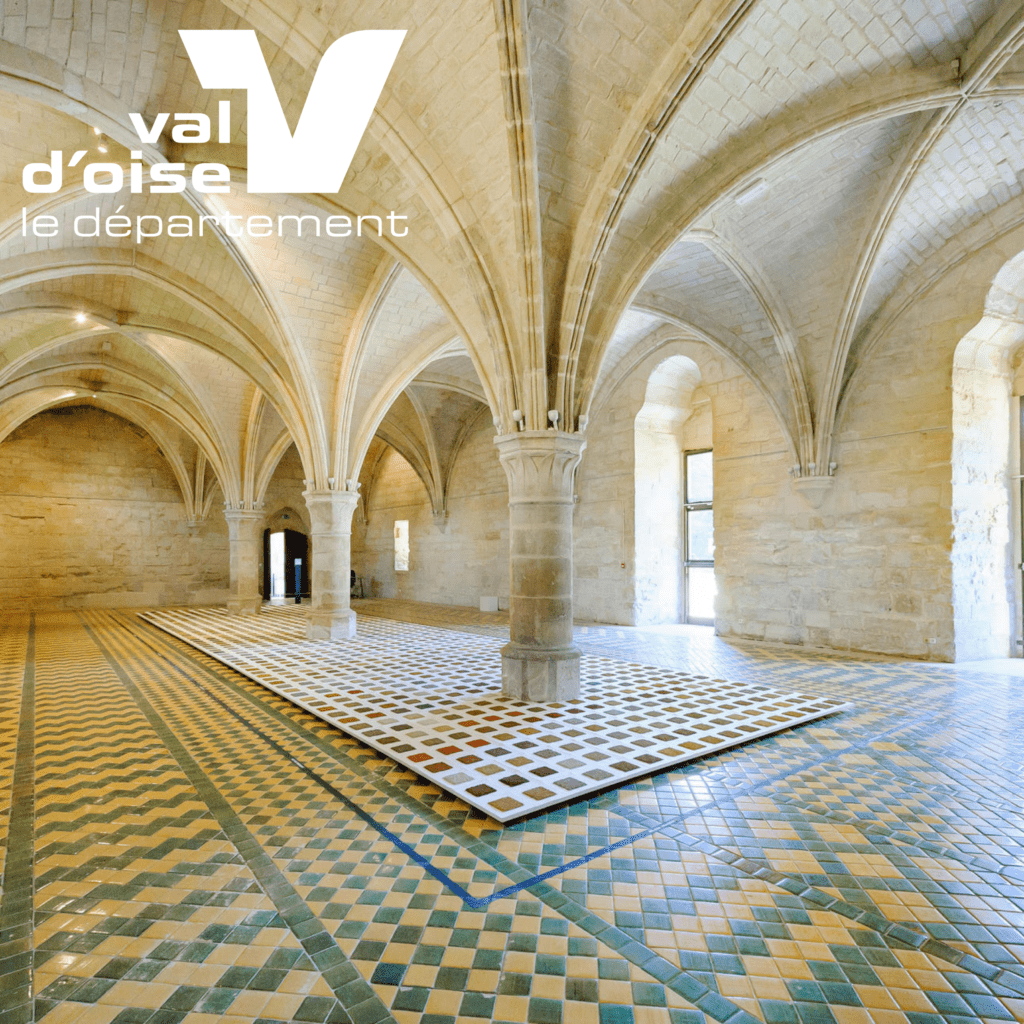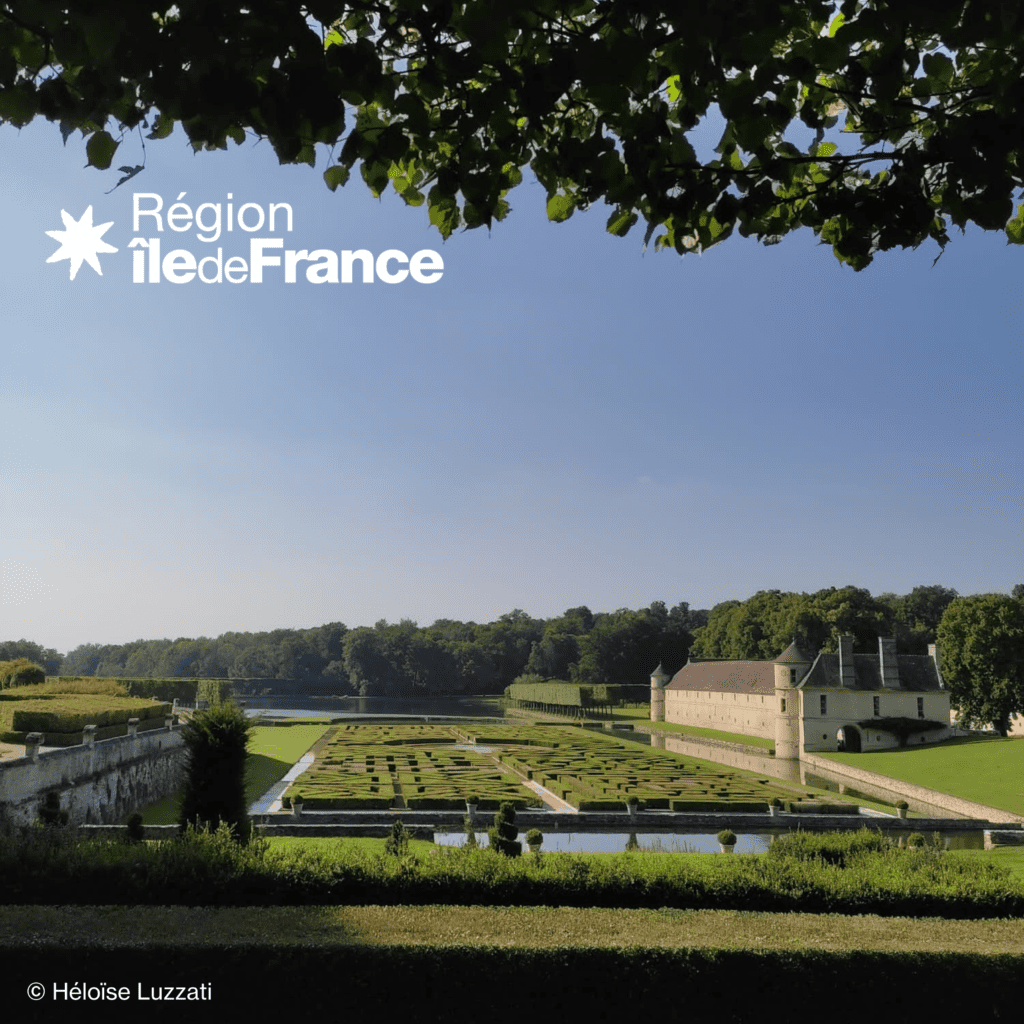Our project
Our team
Our partners
Our supports
Orchestre national Avignon Provence
Founded at the end of the 18th century, the National Orchestra of Avignon-Provence is one of those orchestras that have structured French musical life for many years, achieving its mission of public service through culture, performing, recording and making four centuries of living music available to a wide audience.
Thanks to its ambitious and exploratory policy under the leadership of its musical director, Debora Waldman, the Orchestra possesses a deep musical intelligence and a rare flexibility in its approach to new works, whatever their style or period. The Orchestra welcomes renowned soloists and conductors, and also encourages the development of young artists. A regular partner of the Grand Avignon Opera, it accompanies it throughout the opera season. The National Avignon-Provence Orchestra also pursues a contined effort to achieve gender parity within its ranks.
Orchestre National d’île de france
“Everywhere and for everyone in Île-de-France”, that is the motto of Orchestre national d’Île-de-France, which promotes the symphonic repertoire across the Paris region and makes it accessible to all.
In residence at the Philharmonie de Paris, the Orchestra and it’s 95 permanent musicians give around a hundred concerts in Paris and its region, allowing the inhabitants to enjoy the richness of a 4-century repertoire.
The Orchestra conducts an open and ambitious artistic policy that’s fueled by collaborations with artists from a variety of backgrounds.
In 2019, Case Scaglione is appointed Music Director and Chief Conductor. Being a strong advocate of the Orchestra’s mission and purpose, this talented young and outgoing conductor enjoys sharing his passion for the symphonic and lyrical repertoire.
Proquartet
For 35 years, ProQuartet – Chamber Music European Center has contributed to the influence of the string quartet, to the support of the entire chamber music community and to the expansion of the audiences who are interested in it.
Four axes drive its action :
Support for the emergence of young professional training.
Research on the string quartet repertoire and support for contemporary creation.
The production and distribution of concerts in France and Europe.
Addressing the public through mediation, amateur practices, meetings, conferences, etc…
Charlotte Bartissol, who was elected from among the 100 women of culture of 2021, has been running ProQuartet since June, 2021.
Bru Zane
The vocation of the Palazzetto Bru Zane – Centre de Musique Romantique Française is the rediscovery and international promotion of the French musical heritage of the long nineteenth century (1780-1920). Its interests range from chamber music to the orchestral, sacred and operatic repertories, not forgetting the lighter genres characteristic of the ‘esprit français’ of the nineteenth century (chanson, opéra-comique, operetta). The Centre was inaugurated in 2009 and has its headquarters in a Venetian palazzo dating from 1695 which was specially restored for this purpose. It is an emanation of the Fondation Bru. The Palazzetto Bru Zane conceives programmes focusing on the French Romantic repertory.
THéâtre des champs-Elysées
The Théâtre des Champs-Élysées is one of the most elegant performance venues in Paris. Designed in 1913 by a group of artists (Henry Van de Velde, the Perret brothers, Antoine Bourdelle, Maurice Denis), it was the first Parisian theatre to be entirely built of reinforced concrete, and has perpetuated for the past century a tradition of eclectic programmes of a high standard (opera, recitals, orchestral concerts, dance). Its opening is still vividly remembered for the ‘scandal’ of the premiere of Le Sacre du Printemps, whose impact on the public derived as much from Stravinsky’s music as from Nijinsky’s choreography. The artistic adventure of the Théâtre des Champs-Élysées has been distinguished by the presence, for over one hundred years now, of the most prestigious creative figures in the history of music, opera and dance.
Abbaye de Royaumont
The Royaumont Foundation, France’s first cultural foundation with public interest status, has been supporting intellectuals and artists for 55 years.
Henry and Isabel Goüin set up the Fondation Royaumont (Goüin-Lang) pour le progrès des Sciences de l’Homme in 1964 and donated their abbey to the new Foundation. Their goal was to continue and to consolidate the artistic and intellectual activities carried out within the abbey, which had over time become a major gathering place for an entire generation of French and international intellectuals working primarily in the fields of philosophy, literature, sociology and music.
The cultural project, currently led by Francis Maréchal, offers research, training and creative programs in music, poetry, the visual arts and the humanities (ethnology, musicology, etc.), and in 1995 it was extended to cover choreography and dance.
Abbaye de maubuisson
Founded in 1236 by Blanche de Castille, the mother of Saint Louis, then partially destroyed in 1795, the Abbey of Maubuisson was designated a Historical Monument in 1947. The Departmental Counsel of the Val d’Oise acquired the domain of the Abbey of Maubuisson in 1979. After serving various purposes, the abbey became a centre for contemporary art in 2001. Since 2004, painters, sculptors and also live performers are regularly invited to work within the abbey’s grand halls, filled with the history of their social and geographical context. The works produced there are mainly new ones, inspired by the encounter between the artists and this site from our collective heritage.
DOMAINE de villarceaux
With its 170 acre park, its 16th century manor and its 18th century castle, Villarceaux is a truly unique site. The domain itself has existed since the 11th century. Of the lower castle, once fortified and reconstructed, there remain almost no traces today.
Conceived by Jean-Baptiste Courtonne, the upper castle is a perfect example of the grand manors built in the 17th century for receptions or summer resorts by members of the aristocracy or the bourgeoisie. The park, awarded the title of “Remarkable Garden” by the Ministry of Culture in 2004, illustrates the different historical periods that brought changes to the domain. The medieval garden is an echo of a monastery garden. The domain has borne the title “Ecological Vegetation Area” by ECOCERT since 2012 and is included in the “Natura 2000” perimeter of the Epte Valley.
